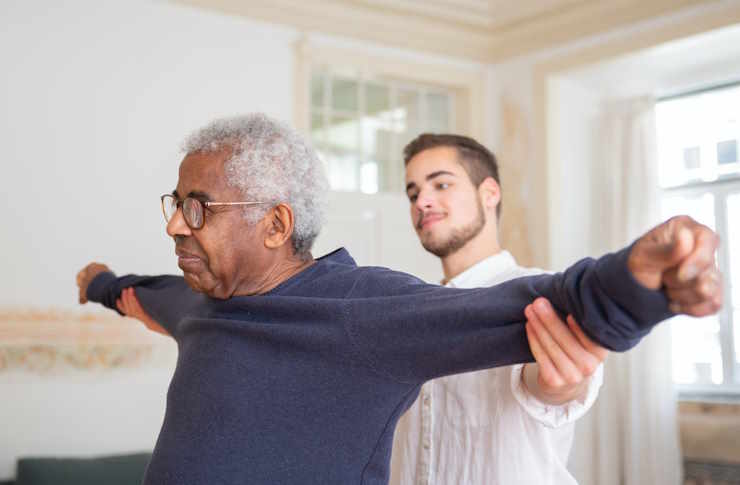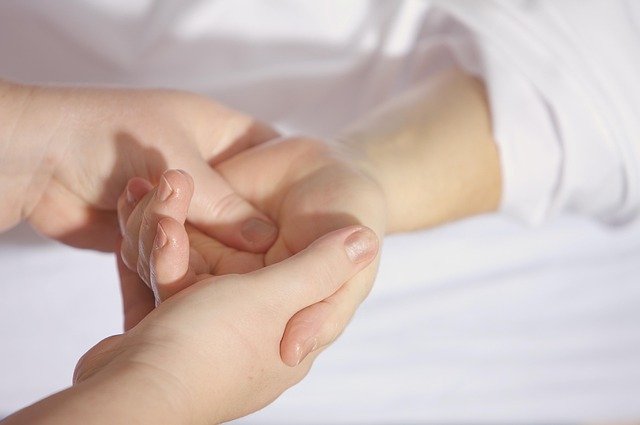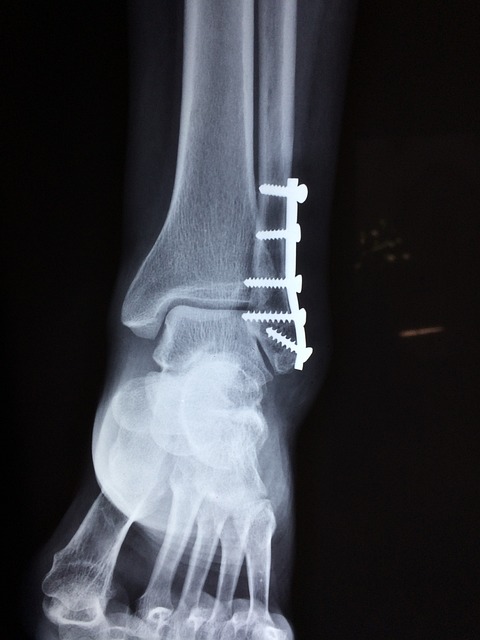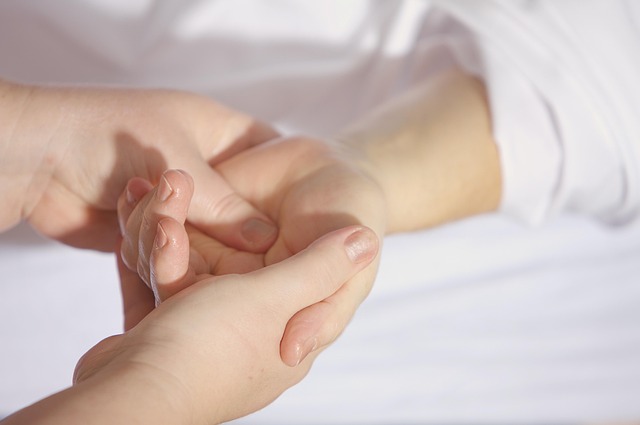Understanding Incontinence in Seniors: Causes, Management, and Solutions
Incontinence is a common health concern that affects many older adults, impacting their quality of life and daily routines. This condition, characterized by the inability to control bladder or bowel movements, can be both physically and emotionally challenging for seniors and their caregivers. However, with proper understanding and management, individuals can maintain their dignity and independence while effectively addressing incontinence issues.

-
Enlarged prostate: In men, an enlarged prostate can press on the urethra, making it difficult to empty the bladder completely.
-
Neurological disorders: Conditions like Parkinson’s disease, multiple sclerosis, or stroke can affect nerve signals controlling bladder function.
-
Urinary tract infections: These infections can irritate the bladder, causing a frequent and urgent need to urinate.
-
Medications: Certain medications, such as diuretics or antidepressants, may contribute to incontinence as a side effect.
Understanding the underlying cause is crucial for determining the most effective treatment approach for elderly individuals experiencing incontinence.
How can seniors manage incontinence effectively?
Managing incontinence requires a multi-faceted approach that addresses both the physical and emotional aspects of the condition. Here are some strategies that can help seniors cope with incontinence:
-
Pelvic floor exercises: Also known as Kegel exercises, these can strengthen the muscles that control urination.
-
Bladder training: This involves following a structured urination schedule to help regain control over bladder function.
-
Lifestyle modifications: Limiting caffeine and alcohol intake, maintaining a healthy weight, and quitting smoking can all contribute to better bladder control.
-
Proper hydration: Contrary to popular belief, reducing fluid intake is not recommended. Instead, staying well-hydrated and timing fluid consumption can help manage symptoms.
-
Medication: In some cases, doctors may prescribe medications to treat overactive bladder or other underlying conditions contributing to incontinence.
By implementing these strategies, many seniors can significantly improve their incontinence symptoms and overall quality of life.
What incontinence products are available for elderly individuals?
A wide range of incontinence products is available to help seniors manage their symptoms discreetly and effectively. Some popular options include:
-
Absorbent underwear: These look and feel like regular underwear but offer protection against leaks.
-
Adult diapers: Designed for heavier incontinence, these provide maximum absorbency and protection.
-
Disposable pads: These can be worn inside regular underwear for light to moderate incontinence.
-
Bed pads: Waterproof pads that protect bedding and furniture from accidental leaks.
-
Skincare products: Special cleansers and moisturizers help maintain skin health and prevent irritation caused by frequent exposure to moisture.
When choosing incontinence products, it’s essential to consider factors such as absorbency level, fit, and comfort to ensure the best possible protection and quality of life for the elderly individual.
How can caregivers support seniors with incontinence?
Caregivers play a crucial role in helping seniors manage incontinence with dignity and compassion. Here are some ways caregivers can provide support:
-
Encourage open communication: Create a safe, judgment-free environment for discussing incontinence concerns and needs.
-
Assist with hygiene: Help maintain proper hygiene practices to prevent skin irritation and infections.
-
Ensure easy bathroom access: Make necessary home modifications to improve bathroom accessibility and safety.
-
Manage medications: Keep track of medications that may contribute to incontinence and consult with healthcare providers about potential adjustments.
-
Provide emotional support: Offer reassurance and understanding to help seniors cope with the emotional impact of incontinence.
By offering practical and emotional support, caregivers can significantly improve the quality of life for seniors dealing with incontinence.
What are the latest advancements in incontinence care for the elderly?
Research and innovation in incontinence care continue to provide new solutions for seniors. Some recent advancements include:
-
Smart incontinence products: Wearable sensors that can alert caregivers when a change is needed, improving hygiene and reducing the risk of skin complications.
-
Improved absorbent materials: More effective and eco-friendly materials that offer better protection and comfort.
-
Non-invasive treatments: New therapies like electromagnetic stimulation show promise in treating certain types of incontinence without surgery.
-
Personalized care plans: Advanced diagnostic tools and algorithms help create tailored treatment strategies for individual patients.
-
Telemedicine options: Remote consultations with specialists make it easier for seniors to access expert care and advice from the comfort of their homes.
These advancements offer hope for improved management and treatment of incontinence in the elderly population, enhancing their overall well-being and independence.
Incontinence is a challenging but manageable condition that affects many seniors. By understanding its causes, implementing effective management strategies, and utilizing appropriate products and support systems, elderly individuals can maintain their dignity and quality of life. As research continues to advance, new solutions and treatments offer increasing hope for those affected by incontinence, allowing seniors to live more comfortably and confidently.
This article is for informational purposes only and should not be considered medical advice. Please consult a qualified healthcare professional for personalized guidance and treatment.




